30 years of BBC Cardiff Singer of the World
- Published
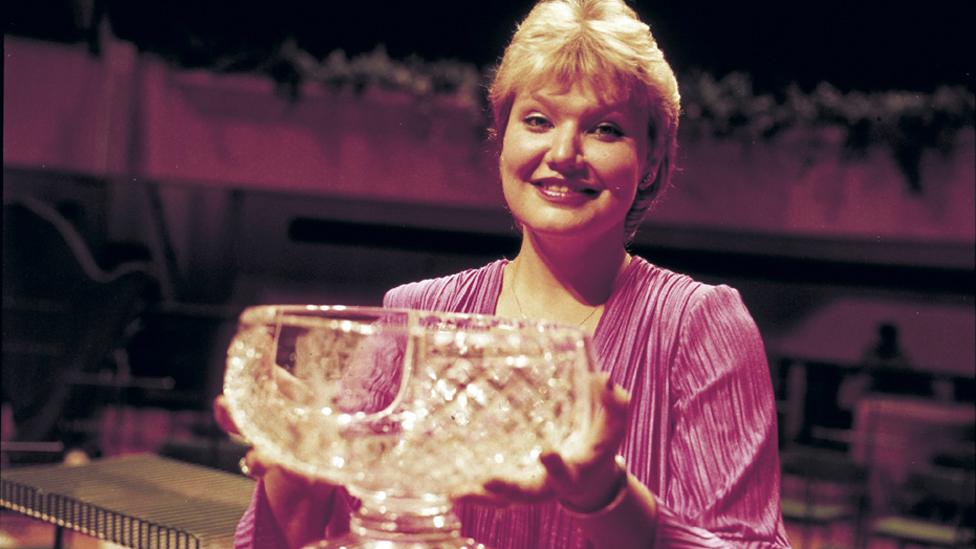
The biennial contest, which is organised by BBC Wales, was first held in 1983 to celebrate the opening of St David's Hall in Cardiff. It is now generally regarded as the most important operatic competition in the world. There were 18 singers in the first year, each nominated by their local broadcasting organisation. Competing on the very first evening was the now legendary Finnish soprano Karita Mattila, who went on to win the competition.
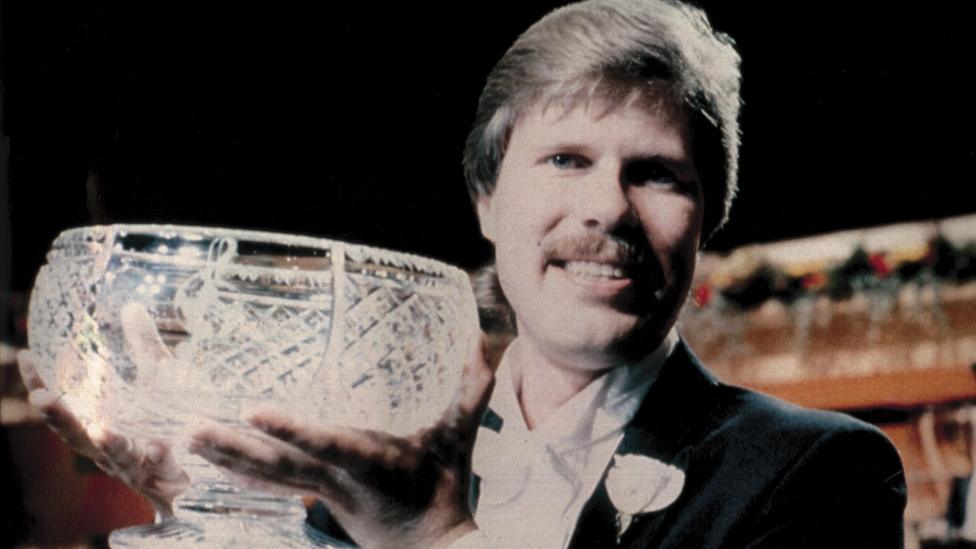
By 1985 the competition had increased in size - 24 contestants took part and the American baritone David Malis was the winner.
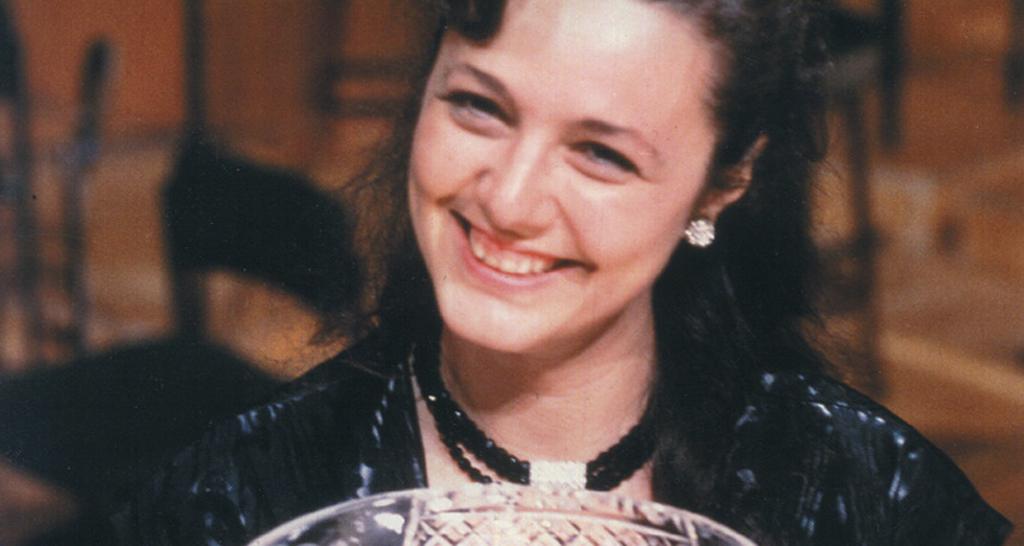
1987: The intake of competitors was raised to 25, and the competition was won by Italian soprano Valeria Esposito. Notable amongst other finalists were Soile Isokoski (Finland) and Iris Vermillion (Germany) who have since gone on to considerable careers. The late Professor Shen Xiang made his first appearance on the jury.
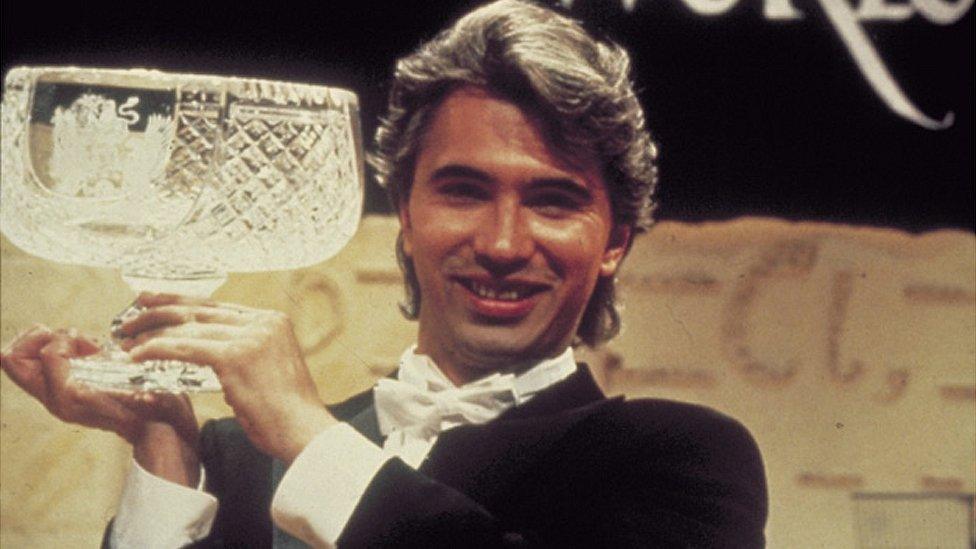
The Lieder Prize was introduced in 1989, and, for the first time, the finalists were the best singers overall, rather than the winners of individual rounds. South America was represented for the first time, and BBC Two broadcast the final live for the first time. This outstanding year featured the legendary Battle of the Baritones with Bryn Terfel winning the Lieder prize and Dmitri Hvorostovsky taking the overall title.
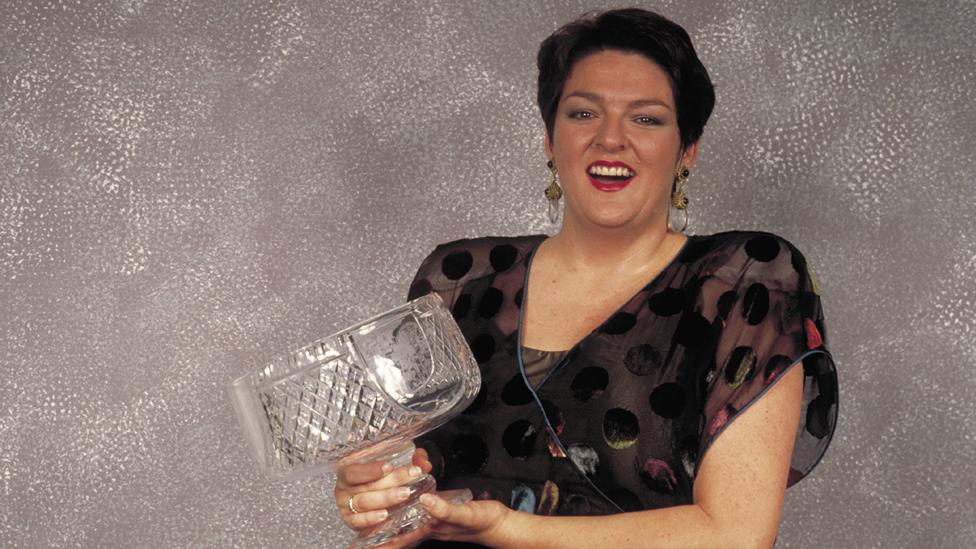
In 1991 the competitors were reduced to 25 - five singers per night with five finalists. The Lieder prize was won by another Welshman, Neal Davies. Australian soprano Lisa Gasteen won the final which also included Isabelle Vernet (France), Franz Hawlata (Germany) and Randi Stene (Denmark), all of whom have gone on to significant operatic careers.
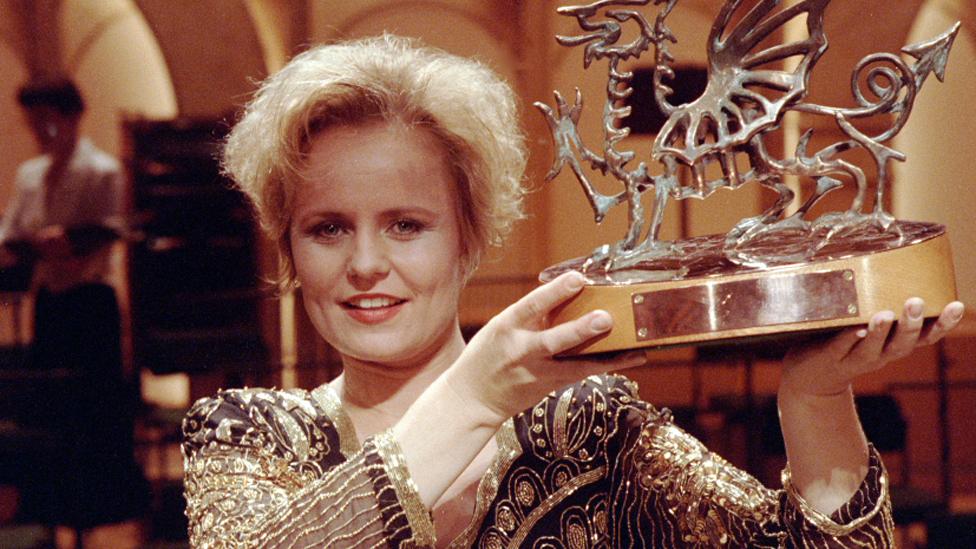
Two major innovations were introduced in 1993: worldwide auditions and master classes held by jury members. Dame Joan Sutherland and Marilyn Horne sat on the jury for the first time. The competition was won by Danish soprano Inger Dam-Jensen - who did not win her concert round. New Zealand baritone Paul Whelan took the Lieder prize and other finalists included Vasily Gerello (Russia) and Nina Stemme (Sweden), now established artists.
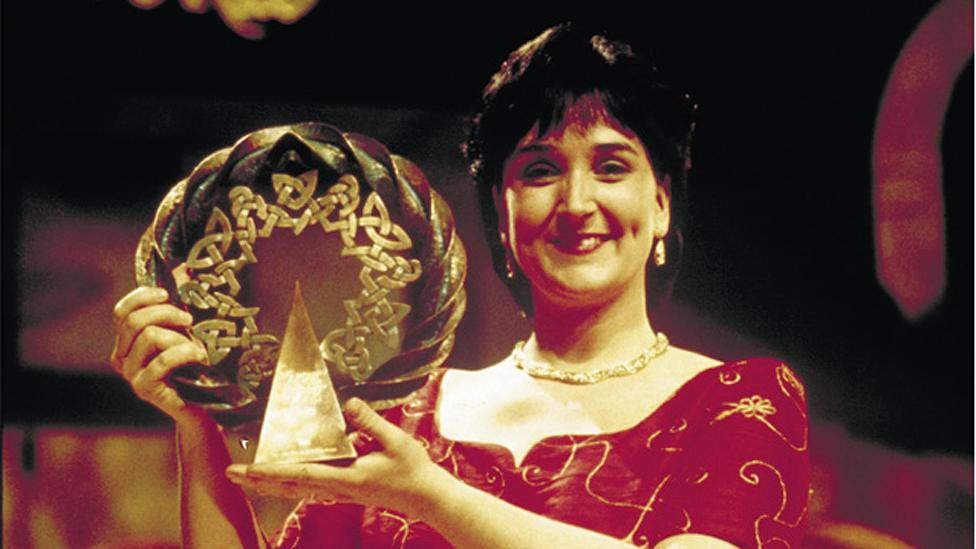
The re-emergence of countries from the former Soviet Union brought contestants from Lithuania and Georgia to the 1995 competition. The Finnish soprano Kirsi Tiihonen took the Lieder prize and Swedish mezzo-soprano Katarina Karnéus won a thrilling final.
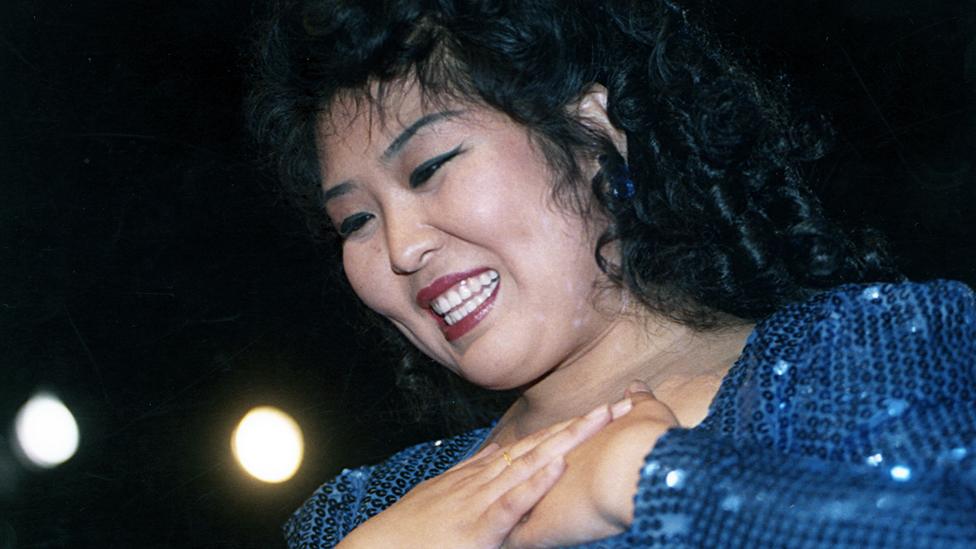
The first ever English competitor to reach the final in 1997- baritone Christopher Maltman - went on to win the Lieder prize. The winner was the Chinese mezzo-soprano Guang Yang, who was singing with a professional orchestra for the very first time. Such was the demand for tickets for the final that a 600-seat pavilion complete with giant television screens was built in the grounds of Cardiff Castle.
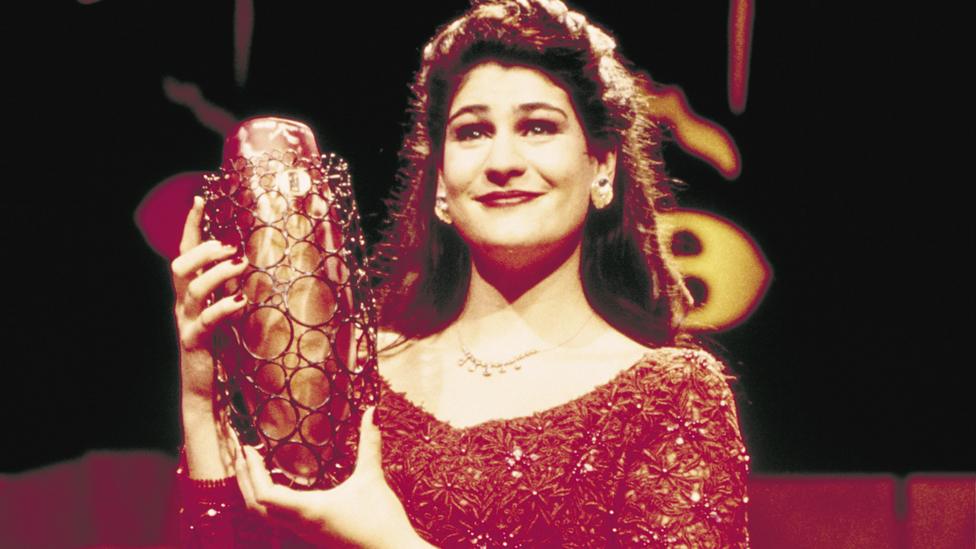
In 1999 the Lieder prize was won by baritone Dae-San No from the Republic of Korea, a new country to the competition, with the main prize going to the German soprano Anja Harteros. Among the jury was another operatic legend, Italian tenor Carlo Bergonzi. This was the first year that the competition had its own website.
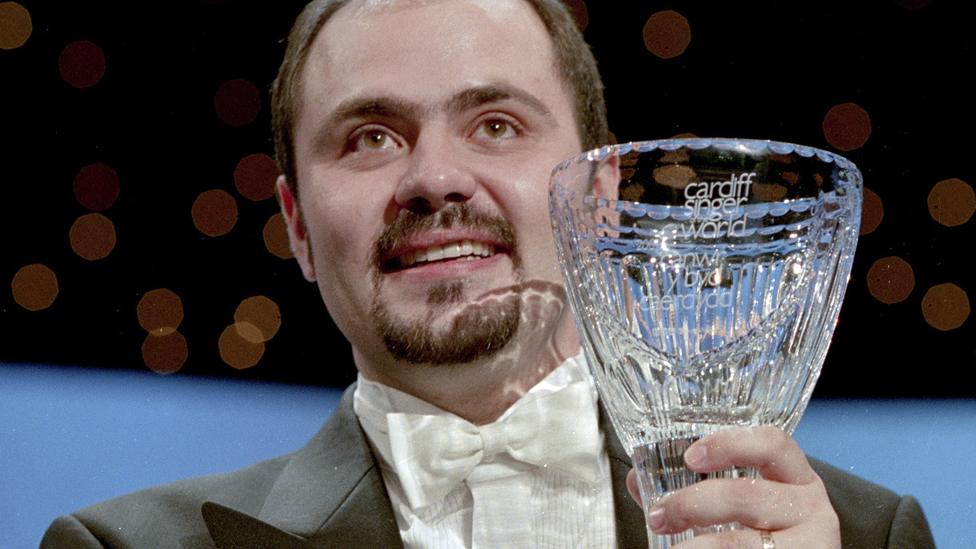
Dame Joan Sutherland returned to the jury for the fifth time in 2001 and Marilyn Horne for the third. This year saw history made when the 27-year-old Romanian tenor Marius Brenciu won both the Song Prize and what by now had become the most coveted title in the world of opera. Elīna Garanča, the Latvian mezzo-soprano, was one of the favourites for the title and she has subsequently had a major career.
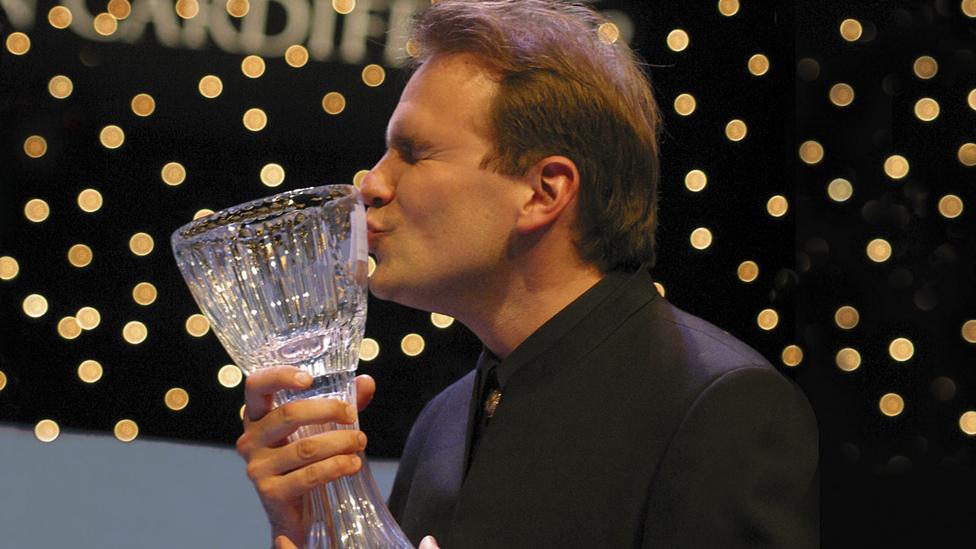
To celebrate the 20th anniversary in 2003, a number of changes were made. These included the Song Prize as a separate event, the introduction of an Audience Prize and the announcement of Dame Joan Sutherland as the competition's first patron. The winner was Finnish baritone Tommi Hakala, making Finland the most successful country in the competition to date. The Song Prize was won by Irish soprano Ailish Tynan and the Audience Prize by Chilean soprano Angela Marambio.
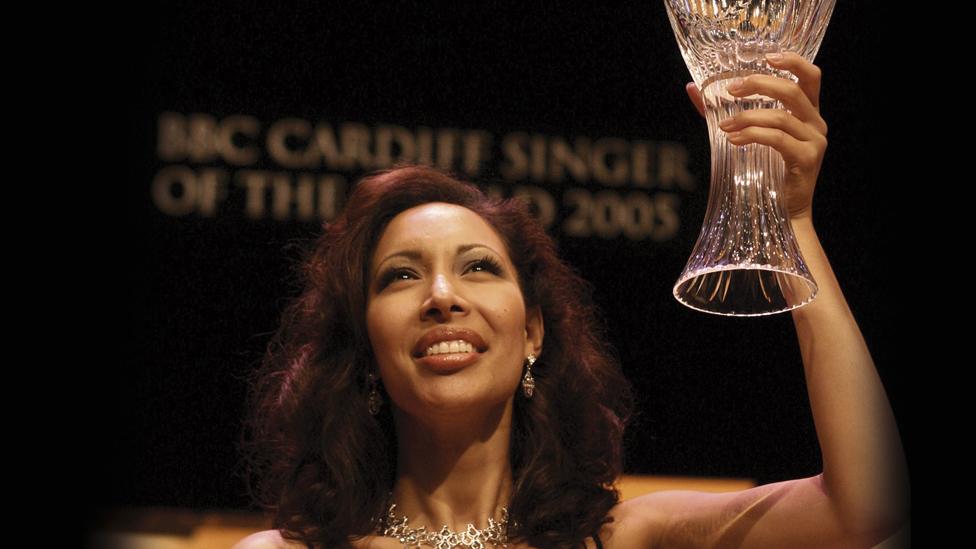
Following the success of its introduction in 2003, the Song Prize was extended to have its own final in 2005. The winner was American soprano Nicole Cabell, who was signed up for a major recording contract shortly after the competition. The Song Prize went to an Englishman for the second time, tenor Andrew Kennedy. The Korean soprano, Ha-Joung Lee, won the hotly-contested Audience Prize.
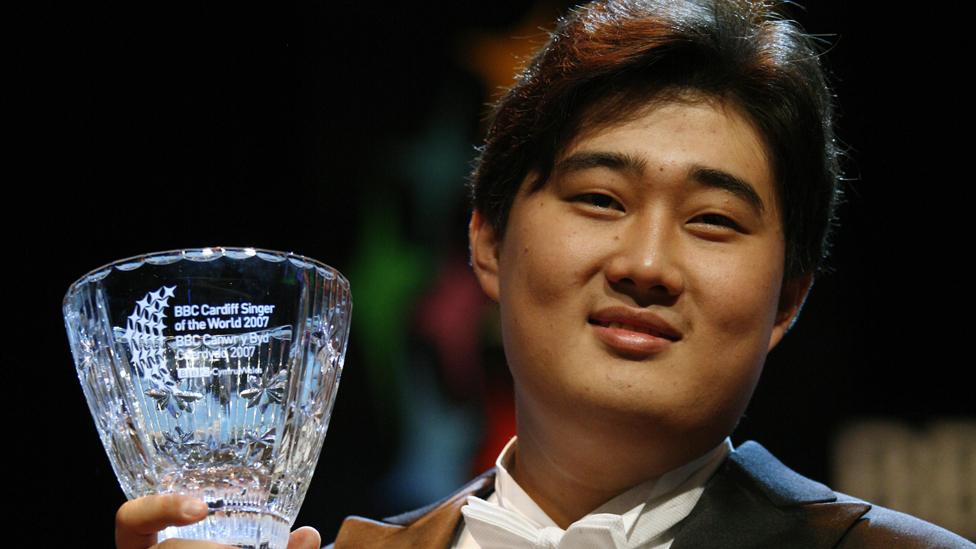
The competition was won by a Chinese competitor for the second time in 2007. Shenyang was a popular winner, and the first bass-baritone to take the prize. Once again, England dominated in the Song Prize, with soprano Elizabeth Watts winning. Jacques Imbrailo, a South African baritone, won the Audience Prize.
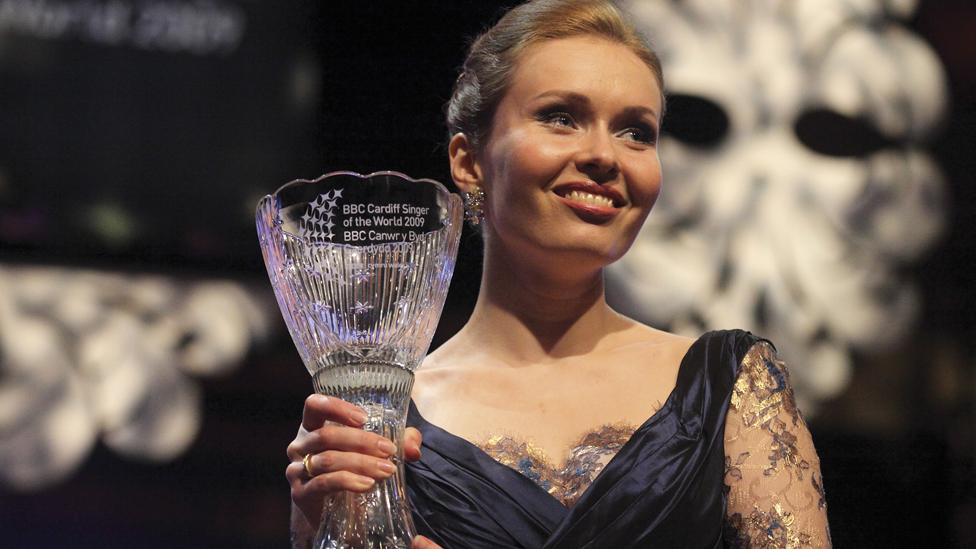
In 2009 soprano Ekaterina Scherbachenko was the first singer from the Russian Federation area to win the competition since the legendary Dmitri Hvorostovsky represented the USSR in 1989. The Song Prize was won by the Czech bass Jan Martiník and Italian tenor Giordano Lucà was awarded the Audience Prize.
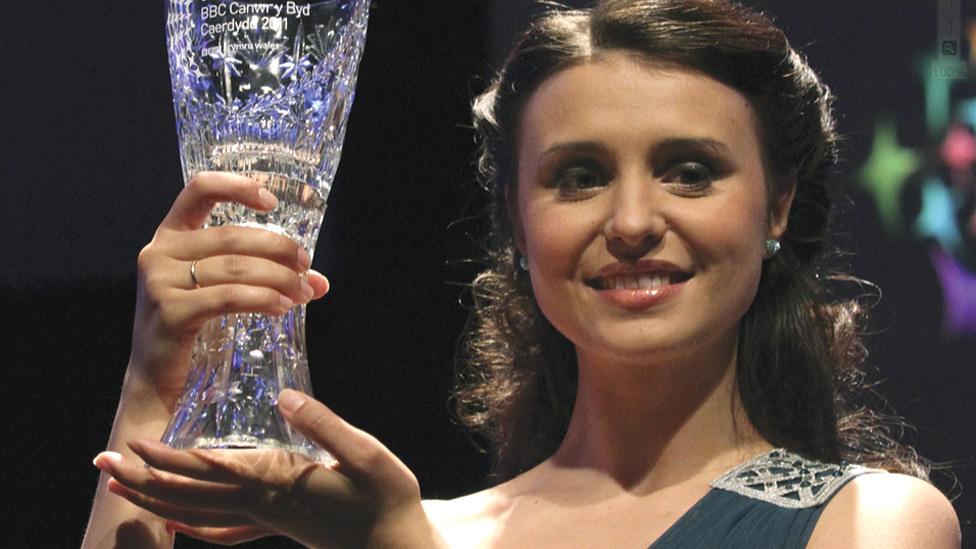
Valentina Naforniţa was the first Moldovan competitor to win the competition in 2011. The soprano was also the first choice of the audience, who voted for her to receive the Dame Joan Sutherland Audience Prize, renamed this year in honour of the competition's late patron. In another first, Switzerland's Olga Kindler was the first reserve competitor to reach a final, singing in the Song Prize final. Ukrainian baritone Andrei Bondarenko won the Song Prize.
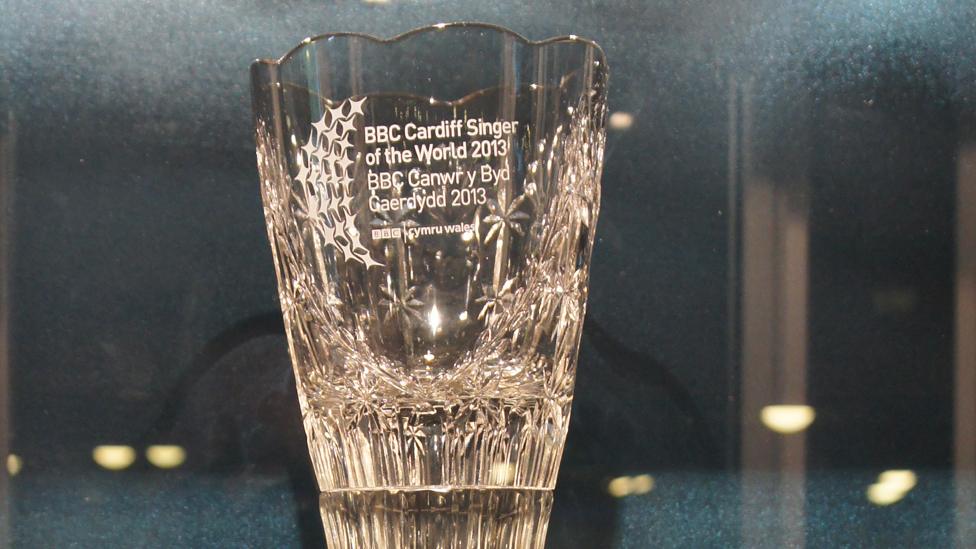
With only five places in the final, which of the opera singers from across the globe will make it through from the concert rounds to win this year's trophy? Watch the competition daily from Tuesday 18 June on BBC Four along with coverage on Radio 3, BBC Two Wales, BBC Radio Wales and Radio Cymru.